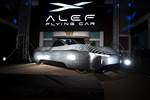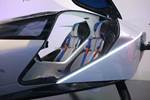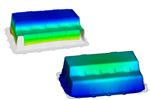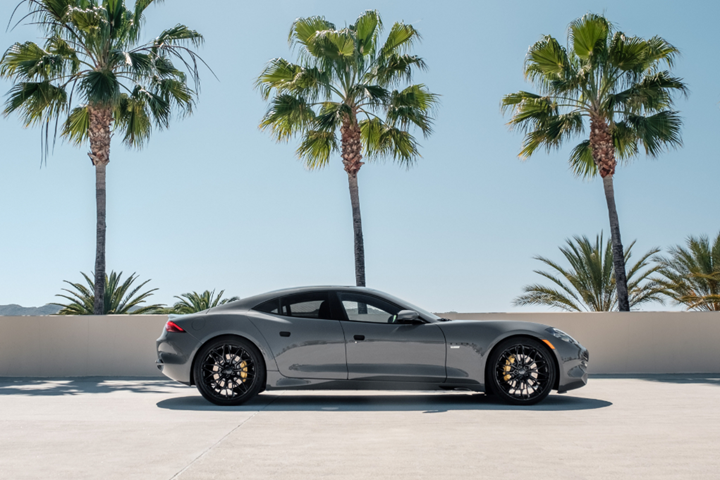HRC facilitates development of Karma Automotive ultra-luxury EV
Low-density GF-SMC decklids, fenders and headlamp brackets will be provided for the GS-6 EV model to achieve weight reduction and higher performance.
HRC (Shanghai, China), a global composite solutions provider with a focus on the R&D, engineering and serial production for high-performance, lightweight composite parts, and Karma Automotive (Irvine, Calif., U.S.), an ultra-luxury electric vehicle manufacturer, are collaborating on the development of glass fiber sheet molding compound (GF-SMC) products. HRC will be providing Karma with low-density glass fiber SMC decklids, fenders and headlamp brackets for its GS-6 vehicle model, delivering customized design and engineering solutions to achieve weight reduction and higher performance.
“We are excited to work with a client such as Karma Automotive, which represents the most advanced mobility concepts,” Erich Fries, global business development director of HRC. “This partnership highlights HRC’s commitment to providing comprehensive composite lightweight solutions for customers in different regions in a substantial diversified way.”
The application of customized composite parts will enable a lighter and more dynamic efficient body for GS-6 through an optimized design and manufacturing process. HRC notes that range is extended, overall driving experience is improved and environmental impact is minimized with a reduced carbon footprint.
California, a major hub of electric vehicles (EVs) in the U.S., continues to play a significant role in promoting and advancing the adoption of EVs as demand grows globally (read, “Electric vehicle analysis ranks most-ready hubs for EV adoption.” As a prestigious EV brand contributing to the global automotive landscape, Karma Automotive provides R&D capabilities that produce innovations and offer leading technology in the ultra-luxury marketplace.
Learn about HRC’s work on a multipronged feasibility study for a new battery module concept for EVs.
Related Content
-
Recycling hydrogen tanks to produce automotive structural components
Voith Composites and partners develop recycling solutions for hydrogen storage tanks and manufacturing methods to produce automotive parts from the recycled materials.
-
“Structured air” TPS safeguards composite structures
Powered by an 85% air/15% pure polyimide aerogel, Blueshift’s novel material system protects structures during transient thermal events from -200°C to beyond 2400°C for rockets, battery boxes and more.
-
Automotive chassis components lighten up with composites
Composite and hybrid components reduce mass, increase functionality on electric and conventional passenger vehicles.

















